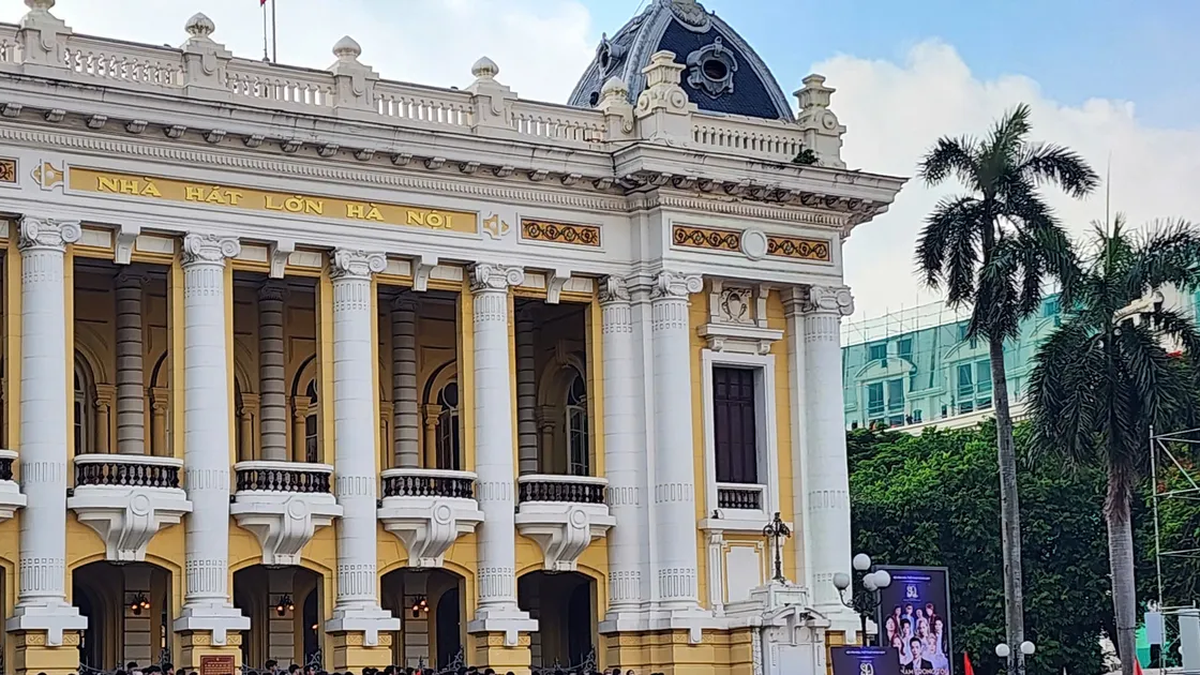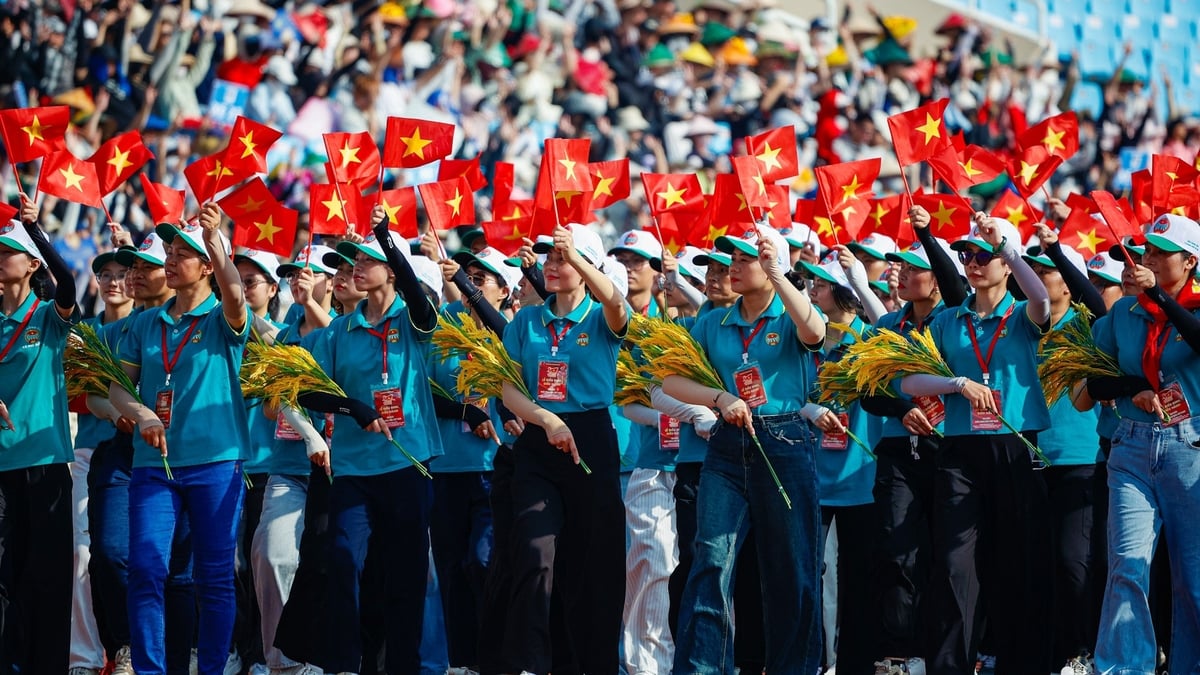The State Bank has just issued Circular 23/2025/TT-NHNN (dated August 12, 2025) amending and supplementing Circular 30/2019/TT-NHNN dated December 27, 2019 regulating the implementation of compulsory reserves for credit institutions and foreign bank branches (Circular 23).
The new regulation is expected to bring significant benefits, especially for large banks that are actively participating in the restructuring process of weak credit institutions.

Currently, the required reserve ratio applied to VND deposits with terms of less than 12 months is 3%; deposits with terms of 12 months or more is 1%. For foreign currency deposits, the ratio is higher, 8% and 6% for terms of less than 12 months and 12 months or more, respectively.
With the new changes in Circular 23, in some special cases such as commercial banks receiving compulsory transfers of weak credit institutions, the required reserve ratio is preferentially reduced by 50%, to only 1.5% and 0.5% for deposits in VND.
According to experts, reducing the required reserve ratio helps improve banks' capital costs, thereby allowing new money to be released into the market.
In fact, required reserves are the capital that commercial banks must deposit at the State Bank when mobilizing from customers, with different rates depending on the term.
The shorter the mobilized capital, the higher the reserve ratio, to limit banks from using short-term capital for medium and long-term loans and creating term risks. Thus, the required reserve is considered a "buffer" to protect the system.
According to the latest reports from commercial banks, outstanding credit at the Joint Stock Commercial Bank for Foreign Trade of Vietnam (Vietcombank) increased by VND106.3 trillion; Vietnam Prosperity Joint Stock Commercial Bank increased by VND132.2 trillion; Military Commercial Joint Stock Bank (MB) increased by VND99.8 trillion; Ho Chi Minh City Development Joint Stock Commercial Bank increased by VND68.7 trillion at HDBank ...
If according to the new regulations, banks are allowed to reduce their required reserves by 50%, it is estimated that Vietcombank will be the bank with the largest reduction in required reserves, about VND23,850 billion. Next is MB with a reduction of about VND11,700 billion; VPBank with a reduction of about VND9,200 billion; and HDBank with nearly VND7,200 billion. Just counting these banks, the reduction in required reserves will help free up over VND50 trillion.
If 50 trillion VND is absorbed by the economy , not only banks can increase liquidity, but many businesses will have more access to capital, creating conditions for businesses to grow.
Up to now, the four mandatory transfer deals are Vietcombank receiving CBBank (Vietnam Construction Bank), MB receiving OceanBank (Ocean Bank or later renamed Vietnam Modern Bank), VPBank receiving GPBank (Global Petroleum Bank) and HDBank receiving DongABank (Dong A Bank).
Source: https://hanoimoi.vn/from-1-10-giam-50-ty-le-du-tru-bat-buoc-4-ngan-hang-lon-co-the-giai-phong-hon-50-000-ty-dong-713295.html

























![[Photo] Prime Minister Pham Minh Chinh receives Australian Foreign Minister Penny Wong](https://vphoto.vietnam.vn/thumb/1200x675/vietnam/resource/IMAGE/2025/8/20/f5d413a946444bd2be288d6b700afc33)
![[Photo] Politburo works with Standing Committees of Lang Son and Bac Ninh Provincial Party Committees](https://vphoto.vietnam.vn/thumb/1200x675/vietnam/resource/IMAGE/2025/8/20/0666629afb39421d8e1bd8922a0537e6)












































































Comment (0)